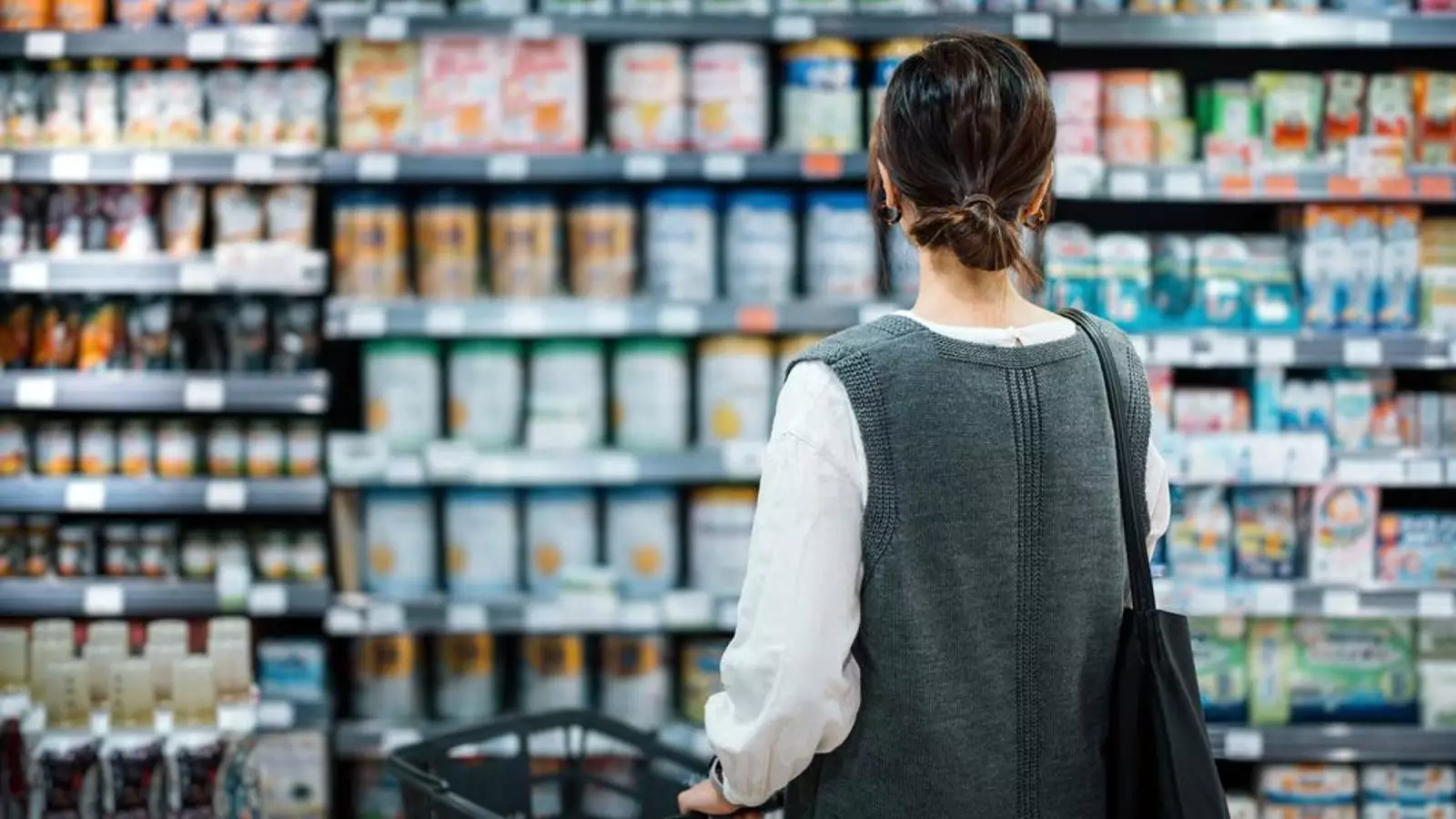Food safety is a fundamental concern that affects everyone, from farmers to manufacturers and ultimately to consumers. The recalls of 2024 highlighted the fragile relationship between the food industry and public trust. As a food culture writer, it has become clear to me that the evolving landscape of food safety is not merely about regulatory compliance; it is a reflection of our society’s growing demand for transparency and accountability in what we eat.
Understanding Trust in Food Safety
Recalls serve not only as warnings about potential dangers but also as crucial indicators of how well or poorly the food system functions. The year 2024 was punctuated by numerous recalls, each revealing cracks in the facade of food safety that once seemed solid. The blow to consumer trust during these incidents can be tremendous and long-lasting, as demonstrated by the Class I recall of Costco eggs, which represents one of the most severe safety concerns imaginable. Such events are alarming not only because of public health implications but also because they reveal how vulnerable we are to failures in our food supply chain.
In an intricate network of food production, sourcing, and distribution, the expectation of safety doesn’t end the moment we place an item into our shopping cart. Rather, it is an ongoing dialogue between consumers and companies, built over time through consistent quality and safety standards. Each recall puts this dialogue to the test, challenging brands to act swiftly and responsibly, or risk irreparably damaging their reputation.
One of the most striking lessons from the 2024 recalls was the critical importance of accurate labeling, especially for consumers with food allergies. The Lay’s potato chip recall due to undeclared allergens showcased just how vital correct information is. Food labels are not mere suggestions; they can literally mean the difference between life and death. This incident has amplified calls for more stringent regulations around labeling practices, moving beyond mere compliance to a commitment to consumer safety.
Consumers are rightfully demanding that brands take their labeling duties seriously, pushing for regulations that minimize the potential for such oversights. It becomes evident that these individuals are not just passive recipients of information; they are advocates for their health and wellbeing, and they will hold companies accountable for any missteps.
The fallout from product recalls is invariably linked to how effectively a company communicates the issue. One of the most notable instances was the recall of Horizon Organic milk, which was marred not only by the contamination itself but by the company’s lackluster communication strategy. Consumers today expect immediate, transparent updates during such crises. The speed and clarity with which companies respond can either help regain trust or further alienate their customer base.
In an age where social media and instant communication reign, a slow response can yield significant consequences. Companies must understand that a poorly handled recall can spiral into a public relations nightmare that impacts long-term consumer loyalty.
The outbreak of E. coli linked to carrots was particularly illuminating regarding the safety of fresh produce. Unlike packaged items whose safety can more easily be monitored, fresh fruits and vegetables navigate a complex supply chain that poses unique challenges for traceability. This highlights that food safety discussions must encompass not just how food reaches store shelves, but also how it is grown and harvested.
For many consumers, the notion of “farm to table” can feel reassuring; however, incidents such as these remind us that lapses can occur at any stage of production. As a result, consumers are becoming more vigilant about where their food originates, demanding greater transparency about sourcing and production practices.
What we have seen in 2024 is a marked evolution in consumer attitudes towards food safety. Individuals are now more proactive in their decision-making, equipped with the knowledge and desire to verify what they are putting into their bodies. This shift has manifested itself as a demand for accountability from brands that extends beyond mere compliance with safety standards.
The pattern becomes clear: companies that want to survive in this competitive landscape must actively engage with their consumers and rise to the challenge of heightened expectations. The lessons from 2024’s recalls serve as both cautionary tales and opportunities for growth. By embracing transparency, brands can not only mitigate crises but also build stronger, more resilient relationships with their customers.
The FDA recalls of 2024 have been more than just events to monitor; they have served as significant touchpoints in defining how we perceive food safety. They exemplify an ongoing journey toward improved practices, and their outcomes will fundamentally shape the future of our food systems, emphasizing the way consumer demand for safety will drive real change in the industry.


Leave a Reply